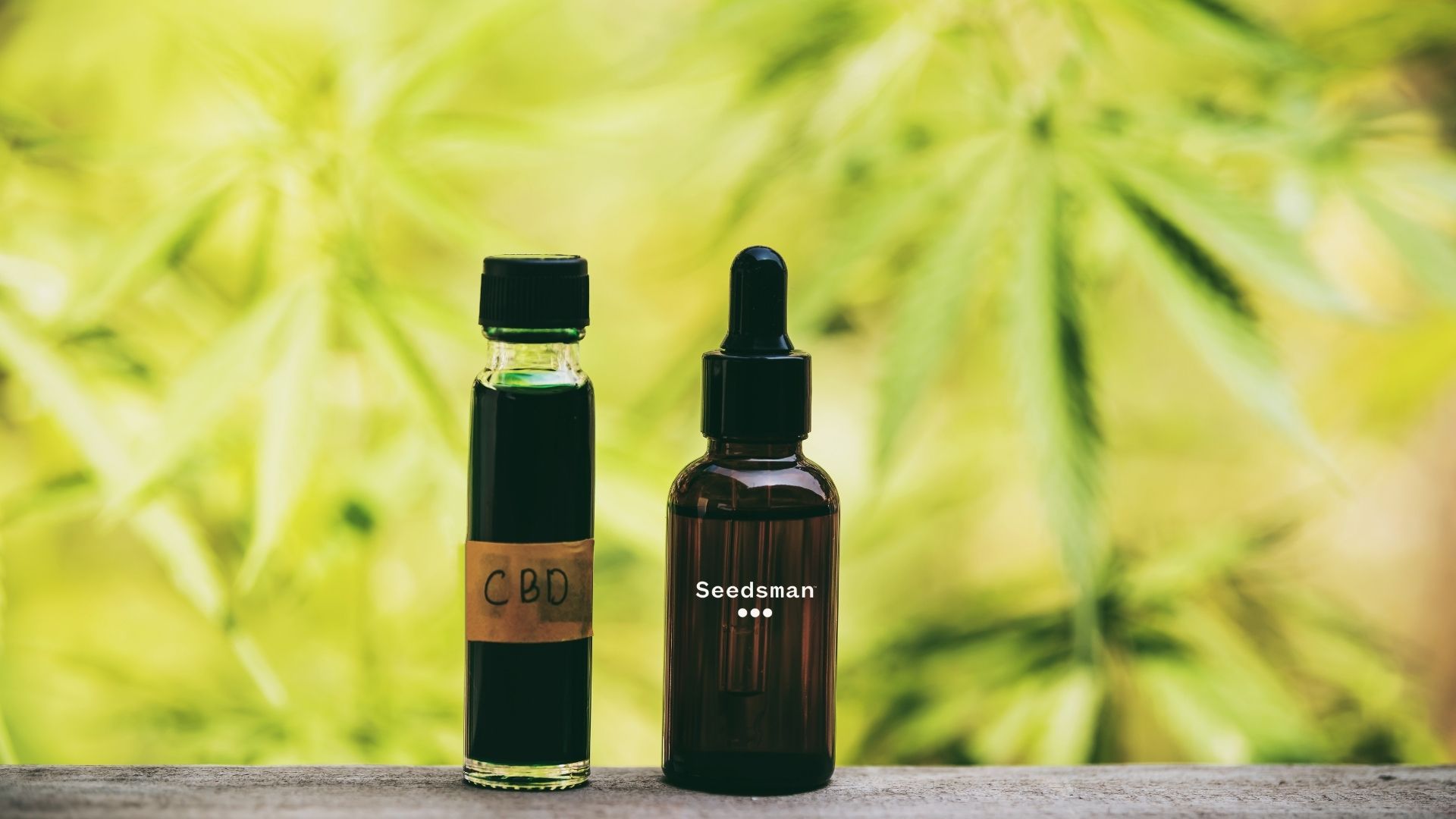
Can Cannabis Treat Multiple Sclerosis?
Multiple sclerosis (MS) is a condition that affects the brain and spinal cord. While there is no known cure for the disease, cannabis can help sufferers manage some of their symptoms. Sadly, however, there are no guarantees that using cannabinoids will work, as the condition affects each patient differently.
Treating Multiple Sclerosis With Cannabis
Multiple sclerosis is characterised by various symptoms that are known to be impacted by cannabis, including spasticity and neuropathic pain. While the exact cause of the illness is uncertain, we do know that it is triggered by the immune system attacking the myelin that insulates nerve cells. This can result in a varied and unpredictable array of issues such as fatigue, memory loss, blindness and paralysis, many of which can’t be treated with cannabis.
The first significant study on cannabis use amongst people living with multiple sclerosis was conducted in 1997 and revealed that up to 97 per cent of users experienced improvements in spasticity and neuropathic pain. However, the plant was less effective at relieving symptoms like dimness of vision, sexual dysfunction, impaired balance or memory loss[i].
A major UK-wide study conducted in 2003 found that patients who used either synthetic THC or an oral extract containing both THC and CBD reported more significant improvements in spasticity, spasms and sleep than those who received a placebo[ii]. Further research indicated that patients who used a cannabis extract for eight weeks experienced twice as much relief from muscle stiffness as those in the placebo group[iii].
Given the well-established link between cannabinoids and pain relief, it’s unsurprising that cannabis has shown promise as a treatment for neuropathic pain in people with multiple sclerosis. One early study found that MS patients who used an extract containing THC and CBD experienced a 41 per cent decrease in pain intensity, while those who received a placebo saw half as much improvement[iv].
The majority of MS-related pain is neuropathic, which means it arises from nerve damage. While this symptom can be treated with regular doses of cannabis or other medications, it is tough to heal. The most common treatment prescribed for this kind of pain is gabapentin, although studies have shown that the drug’s efficacy is enhanced when it is taken in conjunction with cannabis[v].
Smoked Cannabis And Multiple Sclerosis
The vast majority of studies into the efficacy of cannabis for multiple sclerosis have looked at extracts, and hardly any research exists on the use of smoked cannabis. However, two studies – conducted in 2008[vi] and 2013[vii] – have shown that smoking weed treats neuropathic pain in MS patients more effectively than a placebo.
Despite an obvious need for more research on this topic, the American Academy of Neurology has published a list of guidelines regarding cannabis and multiple sclerosis symptoms. These recommendations state that cannabis extracts containing THC and CBD can effectively relieve MS-related pain and spasticity, but not tremors or bladder incontinence[viii].
There is also no evidence to suggest that cannabis use can slow or prevent the onset of multiple sclerosis. However, medical cannabis products are now approved for use in numerous countries – including the UK – to treat pain, spasticity and other MS symptoms.
[i] Consroe P, Musty R, Rein J, Tillery W, Pertwee R. The perceived effects of smoked cannabis on patients with multiple sclerosis. European neurology. 1997;38(1):44-8. – https://www.karger.com/Article/Abstract/112901
[ii] Zajicek J, et al. Cannabinoids for treatment of spasticity and other symptoms related to multiple sclerosis (CAMS study): multicentre randomised placebo-controlled trial. Lancet. 2003 Nov 8;362(9395):1517-26. – https://linkinghub.elsevier.com/retrieve/pii/S0140673603147381
[iii] Zajicek JP, et al. MUSEC Research Group. Multiple sclerosis and extract of cannabis: results of the MUSEC trial. J Neurol Neurosurg Psychiatry. 2012 Nov;83(11):1125-32 – https://pubmed.ncbi.nlm.nih.gov/22791906/#:~:text=Results%3A%20The%20rate%20of%20relief,also%20for%20all%20further%20CRSs.
[iv] Rog DJ, et al. Randomized, controlled trial of cannabis-based medicine in central pain in multiple sclerosis. Neurology. 2005;65:812-819. – https://n.neurology.org/content/neurology/65/6/819.2.full.pdf
[v] Turcotte D, Doupe M, Torabi M, Gomori A, Ethans K, Esfahani F, Galloway K, Namaka M. Nabilone as an adjunctive to gabapentin for multiple sclerosis-induced neuropathic pain: a randomized controlled trial. Pain Medicine. 2015 Jan 1;16(1):149-59. – https://academic.oup.com/painmedicine/article/16/1/149/2460271?login=false
[vi] Wilsey B, et al. A randomized, placebo-controlled, crossover trial of cannabis cigarettes in neuropathic pain. J Pain. 2008; 9 (6): 506-21. – https://www.ncbi.nlm.nih.gov/pmc/articles/PMC4968043/
[vii] Wilsey B, et al. Low-dose vaporized cannabis significantly improves neuropathic pain. J Pain. 2013 14 (2): 136-48. – https://www.ncbi.nlm.nih.gov/pmc/articles/PMC3566631/
[viii] Yadav V, et al. Summary of evidence-based guideline: complementary and alternative medicine in multiple sclerosis: report of the guideline development subcommittee of the American Academy of Neurology. Neurology. 2014 Mar 25;82(12):1083-92. – https://n.neurology.org/content/82/12/1083.full
Cultivation information, and media is given for those of our clients who live in countries where cannabis cultivation is decriminalised or legal, or to those that operate within a licensed model. We encourage all readers to be aware of their local laws and to ensure they do not break them.
Source link












